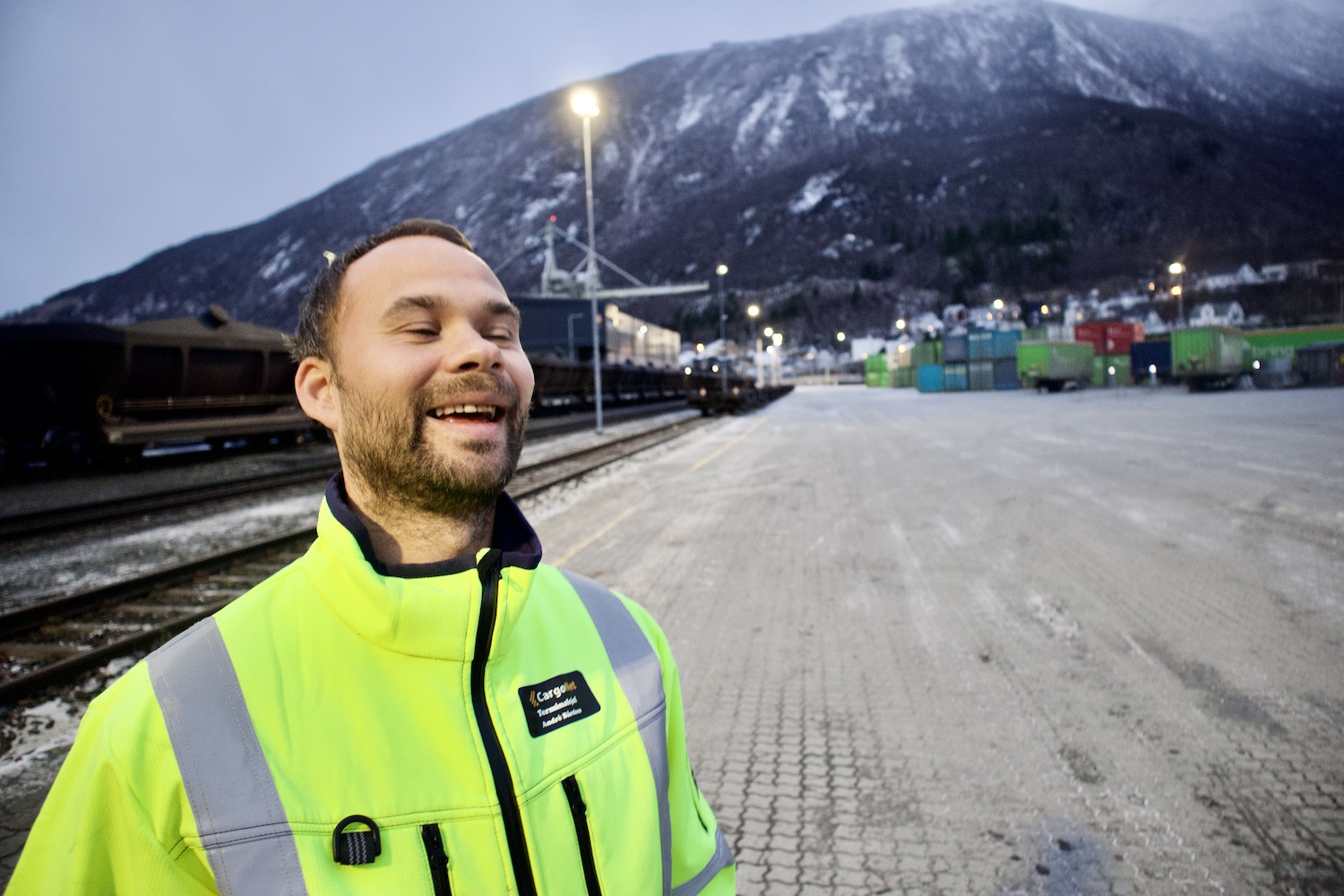They had been waiting for this moment for a long time. A new salmon route from Narvik was to be tested on Friday. CargoNet in Narvik was ready with 40tu (one semitrailer, 20 tonnes of fish, requires 2tu) that were moved onto wagons and sent via Sweden and to the border and station town of Padborg in the far south of Denmark.
On Sunday morning, a train with 38 ore wagons put a stop to these plans, when it derailed north of Gällivare. Fixing this is going to take time. A completely new 3km long road must be created just to get people and equipment to the train.
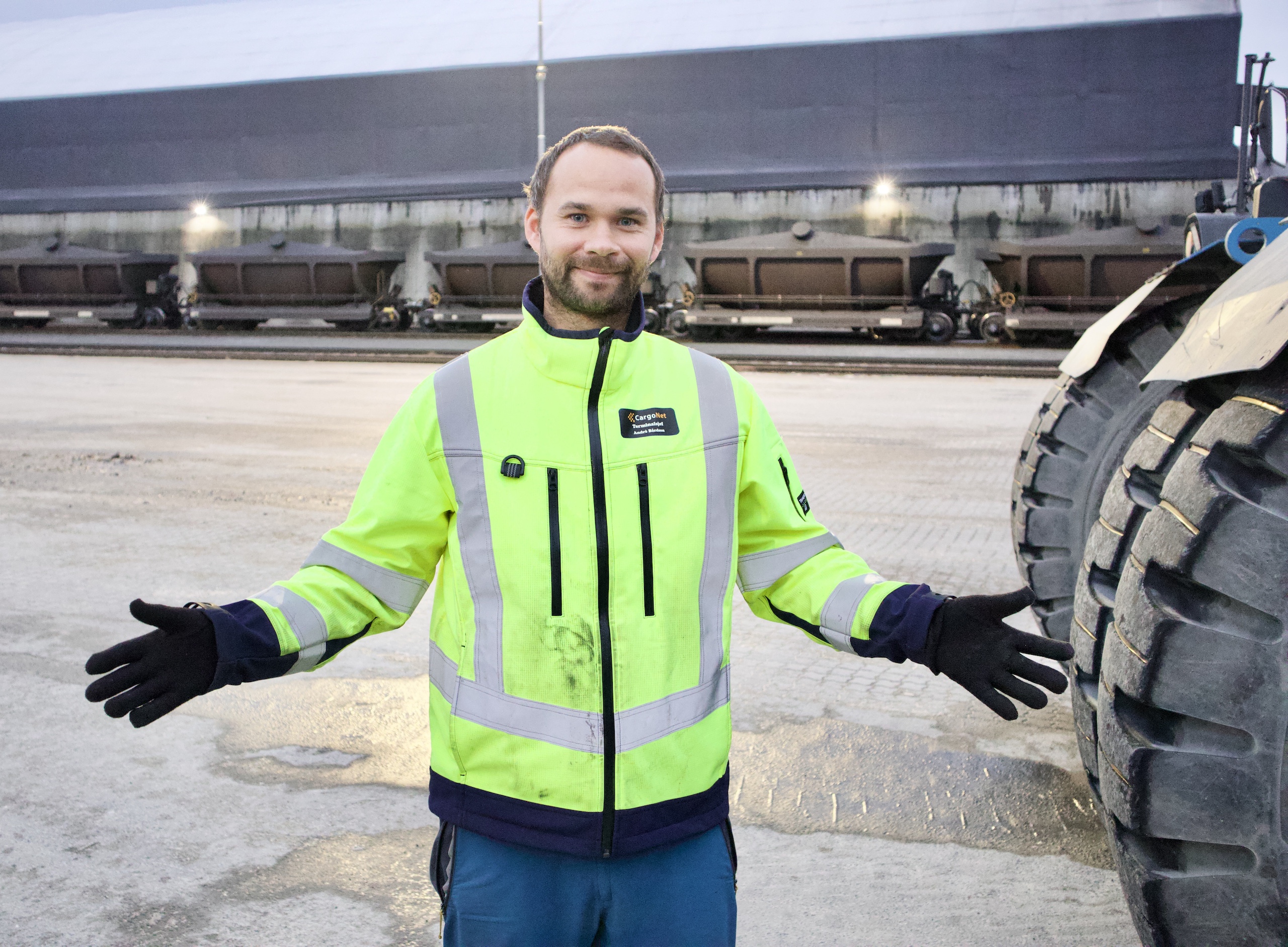
Back at CargoNet’s terminal in Narvik, the philosophical terminal manager, Andre Michael Bårdsen, welcomes SalmonBusiness. We had actually agreed to meet to talk about the new initiative in collaboration with Nor-log THERMO. A new environmentally friendly salmon route to the continent that was to run its first test trip on Friday.
What was the first thing you thought when you heard about the derailment on Sunday?
“Damn, it has happened again,” Bårdsen answers, and can not help but laugh. The same thing happened last year and on the same stretch. Three years ago, another derailment left salmon scattered across the Swedish forest.
“After all, there are over 2,000 kilometres of train tracks and there may be several seasons during the 30 hours the trip takes, but we were not fully prepared for this to happen now,” says a frustrated terminal manager to SalmonBusiness.
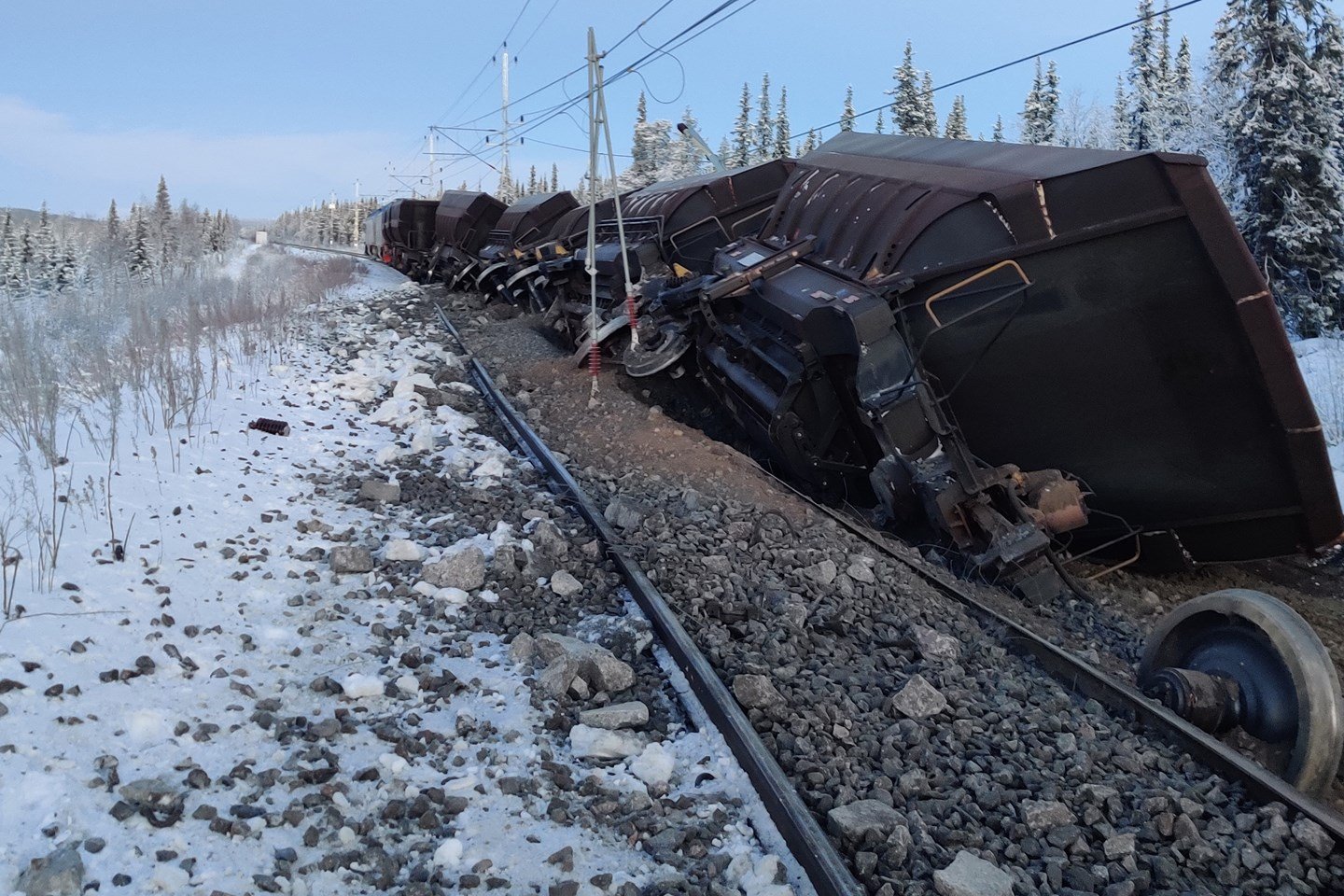
On Friday, the plan was to send 40 cars, which is equivalent to 20 lorries with fresh salmon from Narvik to the Danish-German border at Padborg station. The BR 185 TRAXX locomotive was ready to pull the wagons loaded with salmon. This was to be a unique test transport, something that has not been tried for over twenty years.
“At that time there was no market for such transport. Now we have a much better logistics network down there and out to Europe. The conditions for success with this are far better now.”
“The need is great”
Silje Steffensen is sales and marketing manager at Nor-log THERMO, and told SalmonBusiness earlier that they had been looking forward to this trip.
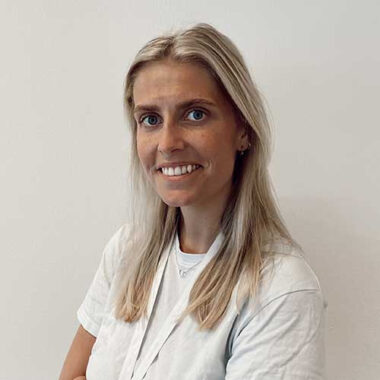
“We are now in the process of a collaboration with CargoNet for train departures from Narvik and Kiruna directly to Padborg in Denmark. This is a completely new solution that secures export shipments closer to the market than before.
“It is an exciting offer. We will start with regular departures next year. The Nor-log Group has a strong focus on the environment and sustainability, and we are proud to help reduce the environmental footprint,” Steffensen stated.
CargoNet plans in collaboration with Nor-log THERMO fixed services three times a week until next year, if the demand is there. Normally they have a shuttle service a week that goes to Malmö, and otherwise regular routes to Alnabru and Gardermoen, these are of course also stopped due to the derailment. This week, CargoNet was to run a total of 20 trains on the route, so here both salmon producers, ore companies and the grocery trade will probably have to find alternative modes of travel.
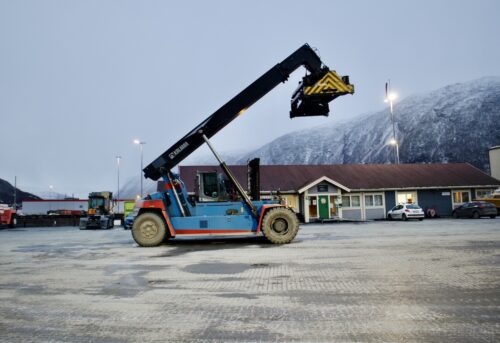
Sour aftertaste
“There are many in CargoNet who have worked hard and long before the test trip we were supposed to have on Friday. This is something we really want to achieve, so it is clear that this has left a bit of a sour taste for many here now, but we will come back stronger, Bårdsen states.
Even though there will be extra bills for transporters of Norwegian seafood, these will be trifle compared to the costs for the ore company. There is talk of millions of kroner extra for every hour of transport. Obtaining cars for alternative transport of ore, and not least food, is not affordable or easy.
“It may be several weeks before the planned first train goes with salmon to Padborg, but we will make it happen on this side of the New Year. That is for sure,” promises terminal manager Andre Michael Bårdsen.
